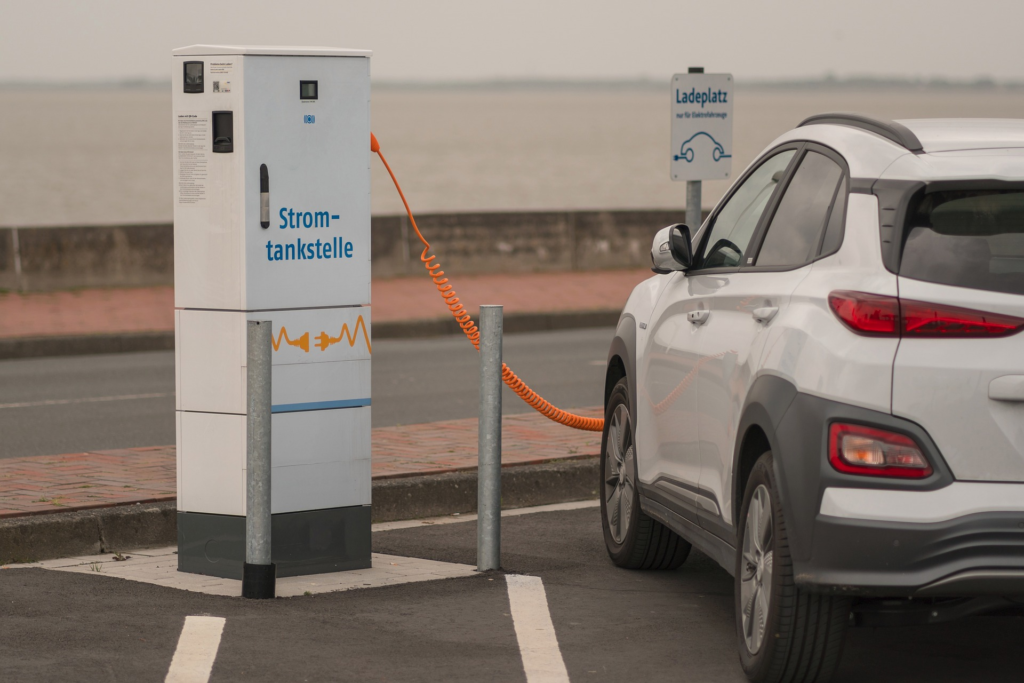The Rise of Electric Vehicles in Turkey
Turkey is on the verge of change in the automotive industry, and electric vehicles (EVs) are crucial to Turkey’s path to sustainability. Turkey’s data contribution to the automotive sector is borne out of global environmental interests in combination with advancements in technology, supplemented by Turkey’s strategic efforts to establish itself as a leader in manufacturing and exporting EVs. The current state of Electric Vehicles in Turkey with difficulties and opportunities ahead will be discussed in this article. A recent wave of opposition to electric cars took over Turkey, with considerable extent. Here are some reasons for the increasing interest in Electric Vehicles:

Electric Vehicles in Turkey
Electric Vehicles in Turkey: Policies and incentives from government
Turkey has introduced policies to encourage production and adoption of electric vehicles. Lowered taxes, subsidies and incentives for EV buyers render them more appealing than their internal combustion engine counterparts.
Turkey Domestic Production Initiative:
Perhaps the most significant leap was the launching of Turkey’s own EV brand, TOGG (Turkey’s Automobile Joint Venture Group). TOGG will manufacture technology-fortified electric cars, as 100% electric cars will be produced domestically, indicating the technology push of Turkey.
Increasing Awareness Towards Environment:
With rising concerns about air pollution and carbon emissions, both the government and the public are realizing the need for cleaner transportation alternatives.
Electric Vehicles in Turkey: Infrastructure Development
The success of electric vehicles depends on a diverse and robust charging infrastructure. Turkey has taken steps in this direction:
Charging Stations: The number of charging stations around the country is constantly increasing. Many major cities— like Istanbul, Ankara, and Izmir — have experienced an increase in installations, making EV ownership a more feasible option.
Sector Involvement: Zorlu Energy, Sharz net and charging network builders are working together to make sure EV users have access to a robust charging network.
Focus on renewable energy: Work is underway to incorporate renewable energy sources into the charging network, reducing the environmental footprint of EVs.
Challenges to Overcome in Turkey
Progress is visible, but Turkey has some issues on its way to EVs, such as:
Upfront electric vehicle prices can still be a barrier for many consumers, even with incentives. Grow in scale of local production could lower prices. Much of the general public does not yet have sufficient awareness of the long-term benefits of EVs like reduced maintenance costs and environmental impact. Establishing a sustainable ecosystem for the recycling of batteries and a stable supply chain for raw materials is key to long-term success.

Electric Vehicles in Turkey
Electric Vehicles in Turkey: The Road Ahead
Turkey guarantees to electrifying vehicles. The automotive sector is not only benefiting from the ongoing EV boom, which has made the country a focal point for these new energy vehicles due to the presence of initiatives such as TOGG, but also supportive government policies and significant investments in Infrastructure. To hasten the transition, Turkey has to keep on: Bolster public-private partnerships. Research and Development EV Technology Integrate more renewables with the charging ecosystem. Raise awareness of EVs via public awareness campaigns.
Conclusion
Not just a transportation revolution, but a step towards future of Turkey. Turkey now has a position of both challenges and advantages to shape a greener and wealthier future.



Pingback: Types of Electric Vehicles : Everything in Between - Tech Master Online